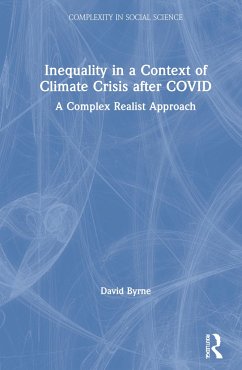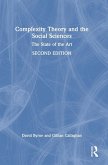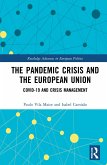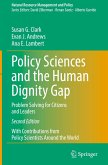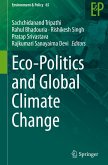Inequality in a Context of Climate Crisis after COVID uses a complex realist approach to examine the crisis of three interconnected problems: economic inequality, climate change, and the COVID-19 pandemic. Widely acknowledged as the key driver of political discontent and social instability, economic inequality across high and middle-income countries is profoundly interconnected with climate change. Both of these issues are now set within the particularly acute context of COVID-19 and its aftermath. Confronting the crisis of these inherently interwoven issues is now the major problem for all political and governance systems. This book uses a complex realist frame of reference to understand the character of social-cultural-economic-political-ecological systems. It gives us a vocabulary and modes of thinking to confront these societal challenges and inform future action. Contributing to our thinking about dynamic social systems, this text deploys complex realism to understand our trajectory towards increasing inequality. It puts complexity to work in addressing fundamental social issues in a context of climate crisis after COVID-19. This book will be of interest to students and scholars across the social sciences, in particular to those studying social inequality, climate change, heterodox economics, complex systems, and Master's students in prgrammes with an applied focus. It will be of use to policymakers and practitioners.
Hinweis: Dieser Artikel kann nur an eine deutsche Lieferadresse ausgeliefert werden.
Hinweis: Dieser Artikel kann nur an eine deutsche Lieferadresse ausgeliefert werden.

